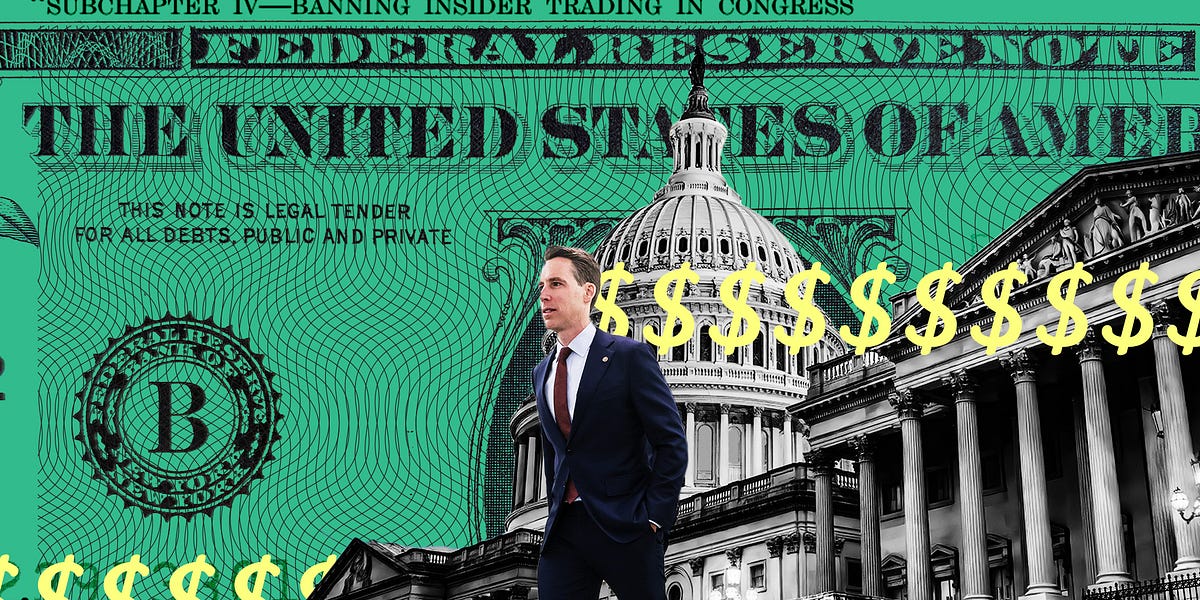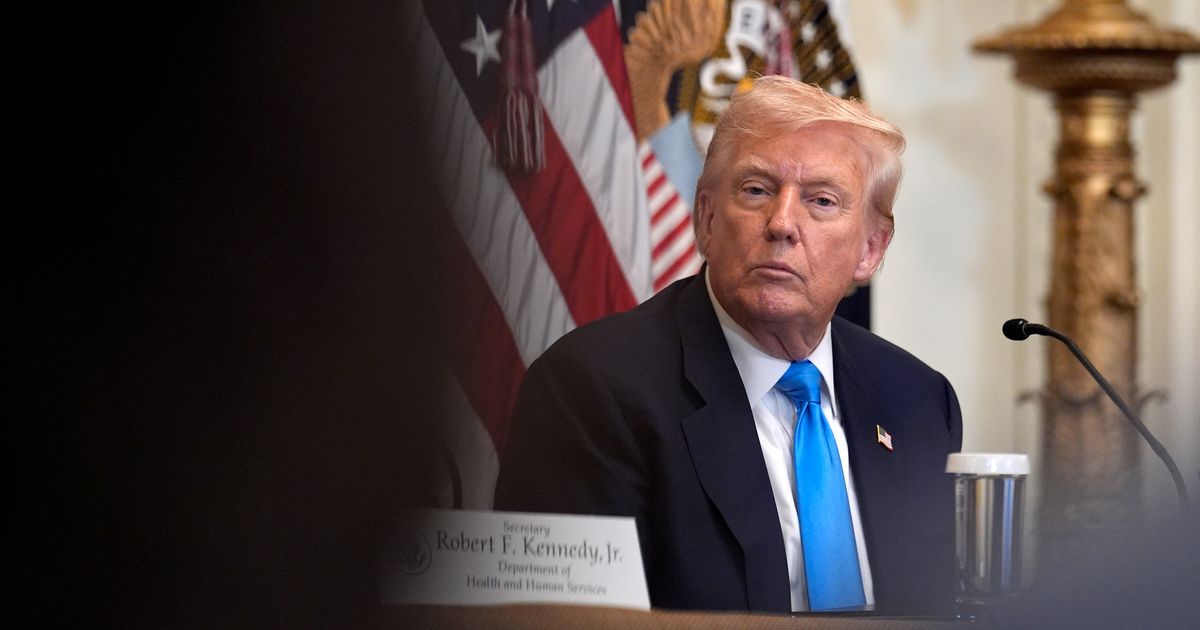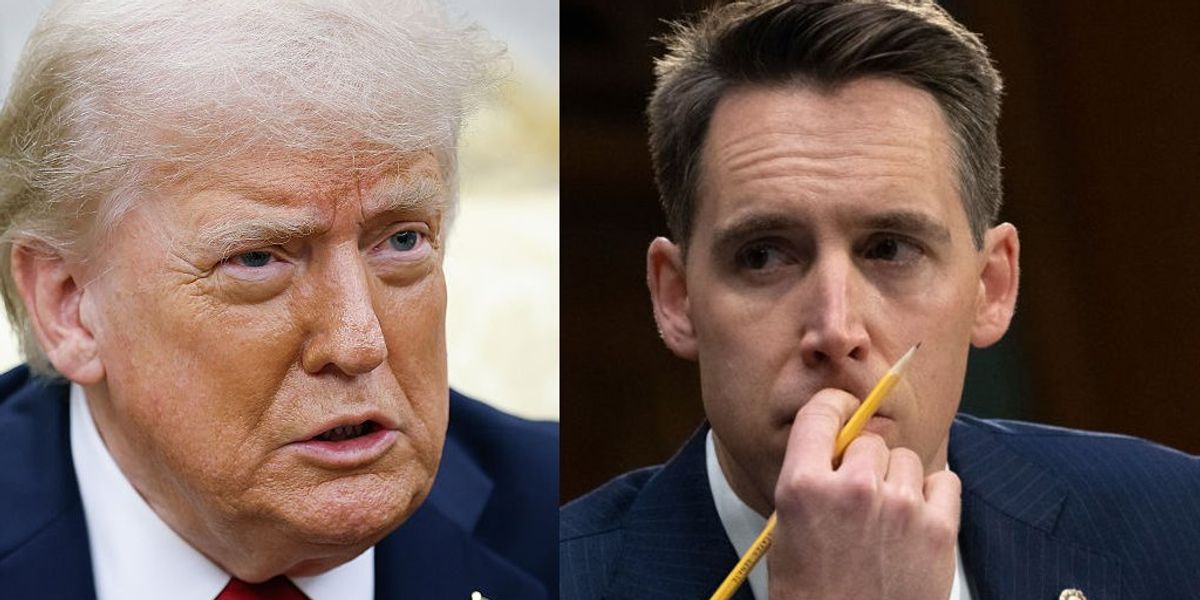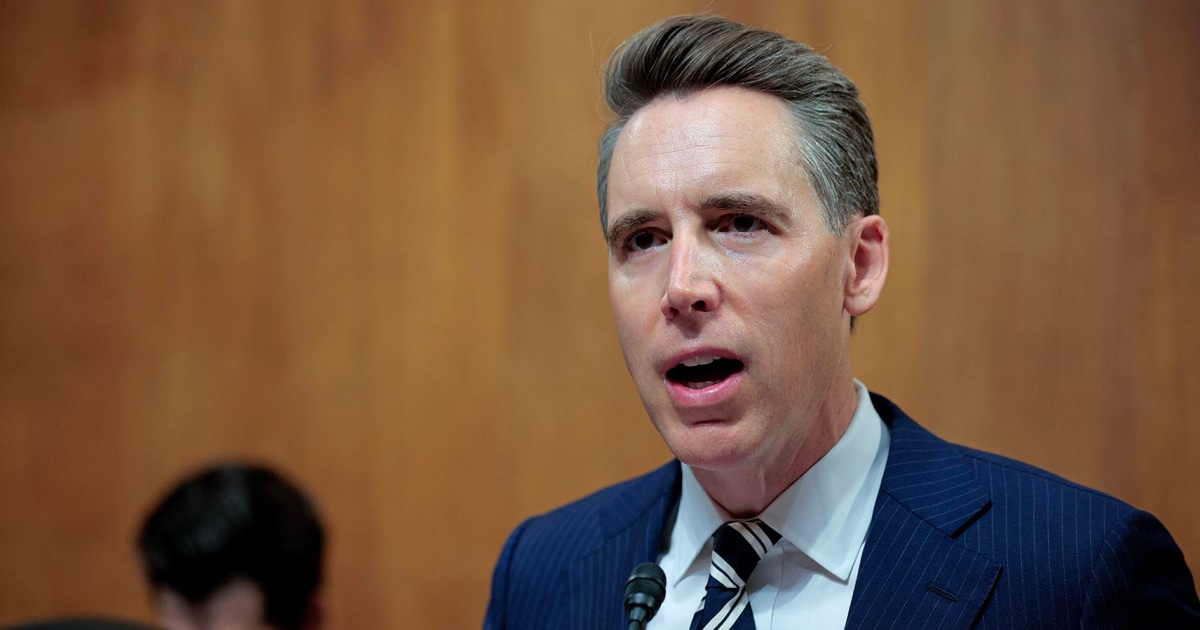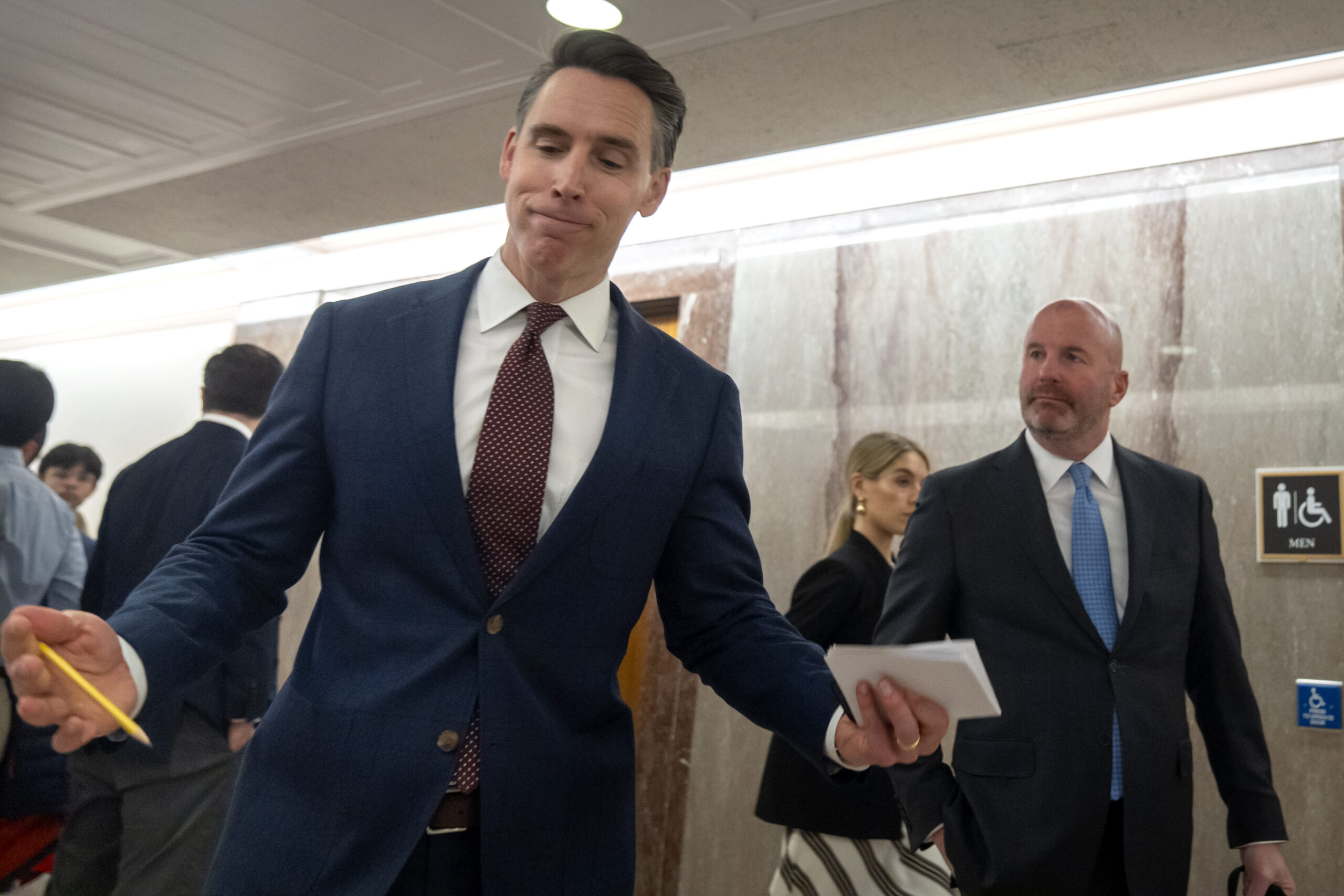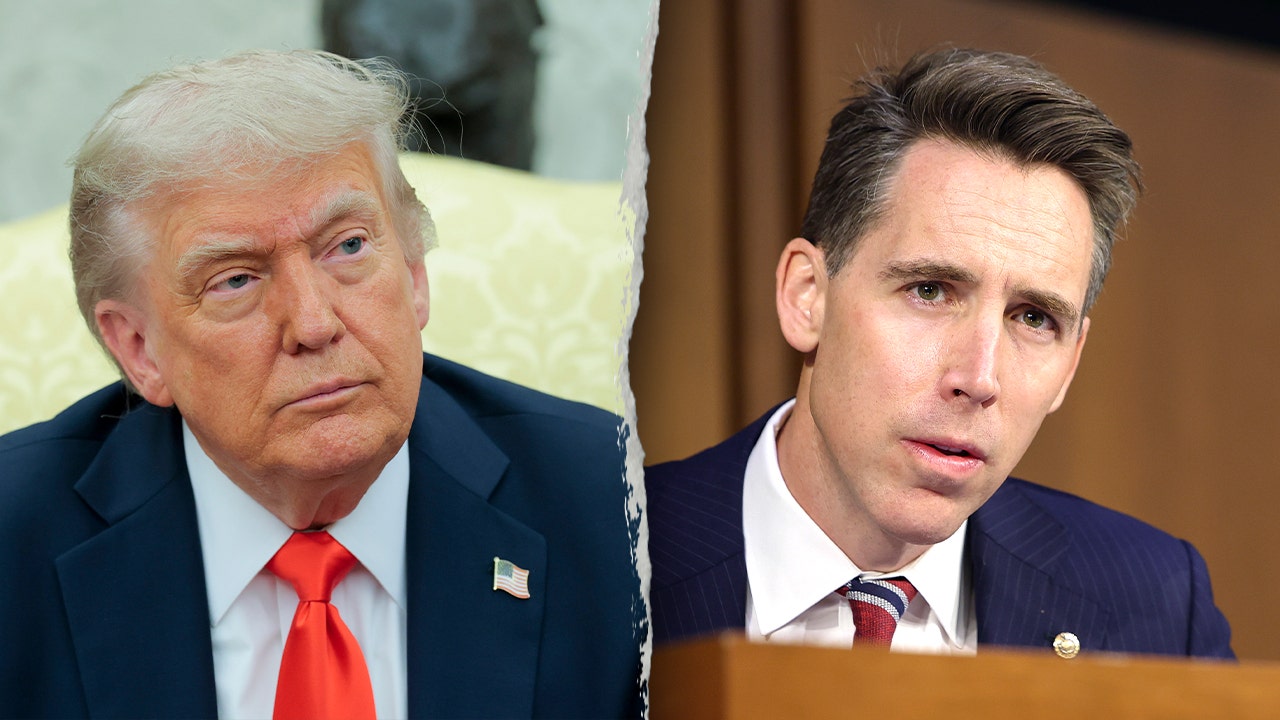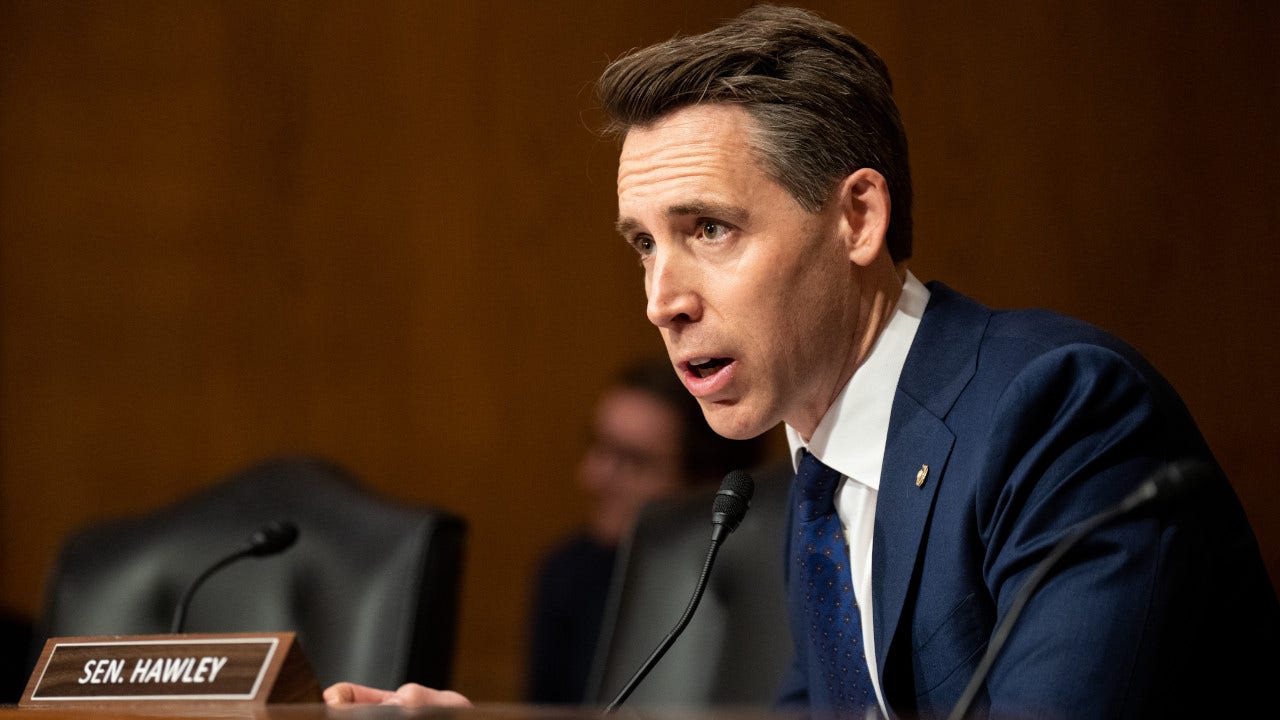Senate Committee Advances HONEST Act to Ban Stock Trading for Lawmakers and Top Officials
A Senate committee narrowly advanced the HONEST Act, a bill to prohibit stock trading by members of Congress, the President, Vice President, and their families.
Overview
- The HONEST Act, a proposed bill, successfully passed the Senate Homeland Security and Governmental Affairs Committee with a narrow 8-7 vote, aiming to restrict financial activities of top officials.
- This legislation seeks to prohibit members of Congress, the President, Vice President, and their immediate families from trading individual stocks, addressing potential conflicts of interest.
- Senator Josh Hawley was the sole Republican to support the bill in the committee vote, joining bipartisan proponents like President Trump and former House Speaker Nancy Pelosi.
- Several Republican senators, including Rand Paul and Ron Johnson, opposed the bill, arguing it unfairly targets wealthy individuals and could potentially discourage public service.
- The bill's advancement signifies a step towards greater financial transparency and accountability for high-ranking government officials, though it faces continued debate and opposition.
Report issue

Read both sides in 5 minutes each day
Analysis
Center-leaning sources frame this story by emphasizing the ethical imperative of banning stock trading for elected officials, while highlighting the political infighting and perceived obstruction, particularly concerning former President Trump's reaction and the controversial exemption for his current term. They use evaluative language to underscore the 'ethically dubious' nature of the practice and the 'furious lobbying' against the bill.
Articles (23)
Center (3)
FAQ
The HONEST Act prohibits members of Congress, the President, Vice President, and their immediate families from trading individual stocks while in office to prevent conflicts of interest.
Senator Josh Hawley was the only Republican to support the HONEST Act, joining Democrats, while Republican senators such as Rand Paul and Ron Johnson opposed it, citing concerns about unfairly targeting wealthy individuals and discouraging public service.
The key difference is that the HONEST Act includes a ban on stock trading by the President and Vice President during their terms, whereas the PELOSI Act applied only to members of Congress and their spouses.
No, the provisions banning stock trading for the President and Vice President would only go into effect after President Trump and Vice President JD Vance leave office.
The bill aims to increase financial transparency and accountability for top government officials by preventing conflicts of interest associated with stock trading while in office.
History
- 1M

 3 articles
3 articles
- 1M

 11 articles
11 articles



